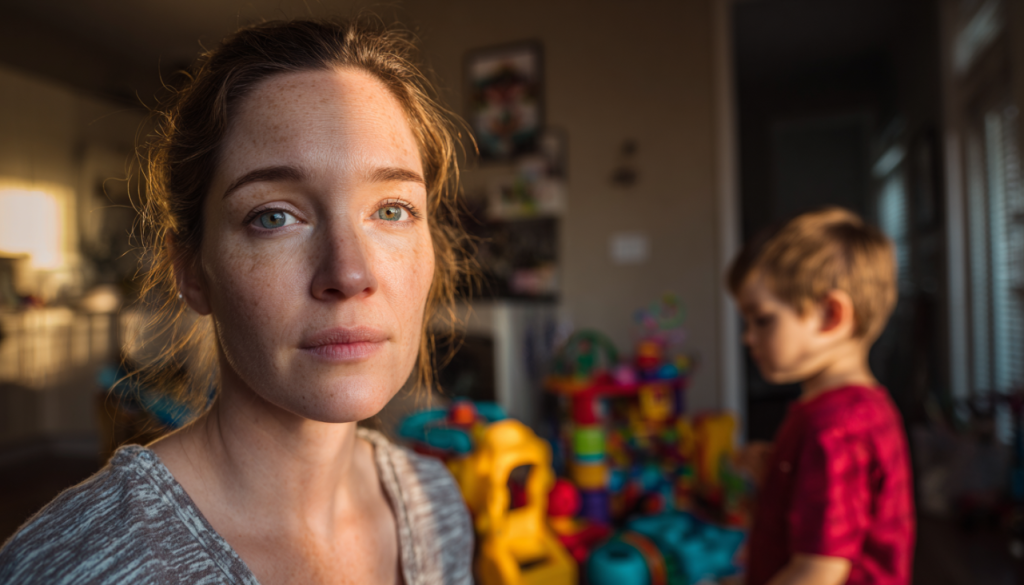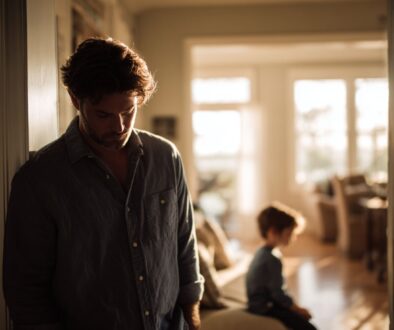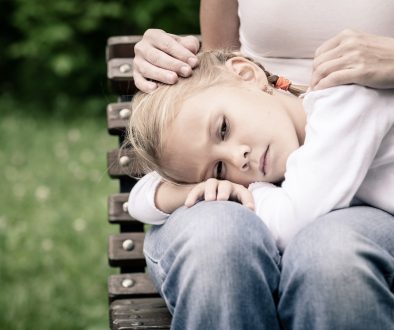Supporting Your Son’s Recovery from Domestic Violence in Sarasota

You’ve made the brave choice to leave a home where love was tangled with harm—and now you’re building a life for your family in Sarasota where safety and peace come first. Yet your 5-year-old son still carries that old pain with him: maybe he lashes out when things go wrong, hits or throws toys when he’s upset, or retreats into silence after an argument. It’s only natural to wonder, “Why is he acting this way now that we’re safe?”
At Forty Carrots Family Center, Sarasota’s trauma-informed nonprofit for early learning and family therapy, our licensed mental-health counselors see this often—especially in children whose young minds witnessed shouting, hitting, or worse. Aggressive behavior after domestic violence isn’t a sign that your child is “bad”; it’s a signal that he needs help to process fear, confusion, and loss of control.
What Your Son’s Aggression Might Really Mean
At age 5, your son is just starting to understand his feelings but he doesn’t yet know how to manage them. If he witnessed yelling, hitting, or physical conflict in the past, that may have shaped how he expresses frustration, fear, or confusion.
His aggression doesn’t mean he’s “bad.”
It means he’s hurting, confused, or overstimulated and he needs you to help him make sense of it.
What You Can Do Right Now
You don’t need to be a trauma specialist to guide your son toward healing. You need consistency, compassion, and a few practical tools—plus the backing of Sarasota’s trusted child-therapy experts at Forty Carrots.
Here are some ways to respond to his aggression with clarity and calm:
Set Boundaries with Love and Clarity
Aggression needs boundaries. Not punishment, but boundaries. Your son needs to know what’s okay, what’s not, and that you’ll always be there to guide him back to safety.
What to say in the moment:
“I see you’re angry, but it’s not okay to hit. I’m going to help you calm down.”
Model Calm (Even When You Feel Anything But)
Children learn how to regulate emotions by watching the grownups around them. You don’t have to be perfect—but staying calm sends a powerful message: you’re safe, I’m safe, and we can get through this together.
Use a steady voice, open body language, and a short script. (See printable list below.)
Name the Feeling, Not Just the Behavior
When your son acts out, help him name what he might be feeling underneath.
Example:
“You were feeling really frustrated when I said no to more screen time. It’s okay to be mad, but it’s not okay to throw toys.”
Over time, this helps him connect emotions to words instead of actions.
Create a Calm-Down Routine
When he’s overwhelmed, a calming space (not a punishment corner) can help him re-center.
Try a cozy pillow corner, a calm-down box with soft toys or books, or breathing exercises together.
Make it part of your routine, not just a response to outbursts.
Here’s some PRINTABLE: “Calm Phrases” for Tough Moments
Keep this list somewhere visible – on the fridge, in your phone or by the front door. These phrases help you respond with consistency and compassion, even when your patience runs low.
download a pdf for prinitng here.
Calm Phrases for Home Use:
“I see you’re upset. I’m here to help you calm down.”
“Let’s take a break together until your body feels safe again.”
“It’s okay to feel angry. It’s not okay to hurt people.”
“I love you, and I will help you feel safe.”
“You’re having a big feeling. Let’s breathe together.”
“I won’t let you hurt me or yourself. I’m keeping us safe.”
“Let’s find another way to show how you feel.”
“You can always tell me how you’re feeling. I want to understand.”
“Your feelings are okay. Your behavior can change.”
Healing Is Possible – And You Don’t Have to Do It Alone
Aggression in children after abuse is not a life sentence, it’s a signal. Recovery from trauma takes time, structure, and expert support. At Forty Carrots Family Center, our Sarasota-based team offers:
- Free, Trauma-Informed Parenting Groups led by master’s-level clinicians
- Individual Child & Family Therapy on a sliding-scale basis
- Specialized Programs for domestic-violence survivors, including play therapy and infant-family mental health services
You are now your son’s safe place—that matters more than anything. Let us stand with you, so you can continue to show up strong.
You Are the Safe Place Now
And that matters more than anything.
Let us support you so you can continue to show up strong for your child.
Next Steps & Local Resources
- Contact Us: Schedule a confidential intake with one of our licensed therapists in Sarasota.
- Support Our Work: If you believe in trauma-informed care for Sarasota families, please donate to Forty Carrots Family Center ». Every gift fuels lasting healing.




